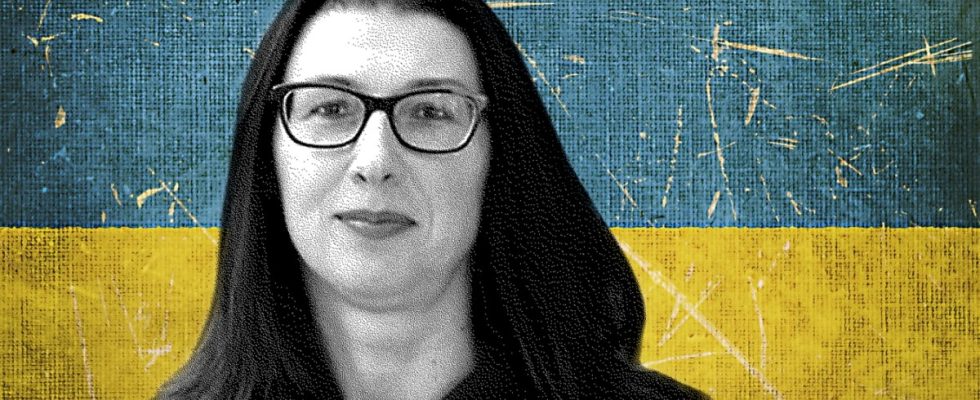The past two weeks have been marked by the deluge after the dam blast in Nowa Kachowka. The messages and images that reach you are not for the faint of heart. We are happy for every rescued person and every rescued animal. I personally try to hide the stories and pictures of the unsaved, the missing and the destroyed living environments, the remains of which are drifting towards the Black Sea, but I know that they nest in the subconscious. I have no idea what will happen to it later. It’s probably the same for many others.
Most people want to stay as close to home as possible and hope that the water will go away quickly. But many have to face the fact that the walls of their houses and apartments have not withstood the floods. The rescued animals, on the other hand, are not asked where they want to stay. The already overcrowded animal shelters across the country are getting dozens of new pets. About 105 cats and dogs are taken to the animal shelter in the small town of Chotyn, 60 kilometers from Chernivtsi.
Donate to all sorts of rescues while the money lasts. Aid transports are going south from all regions, both private and institutional. Three days after the disaster, the Siret mission of the Johanniter-Unfall-Hilfe brought us four pallets of water filters from Global Medic, which quickly went away: with our colleague I., who drove three buses full of relief supplies to Cherson, with T. and her husband , who are driving their Skoda towards Snihurivka in the Mykolayiv region to see what is going on in their hometown on the Inhulets River, with the transport of the State Service for Emergency Situations, where a former student works and asks us for relief supplies. We defy what is happening with everyday work and hope that our efforts will benefit someone.
“Everything is dry here,” they said. She hasn’t heard from them since then
A ray of light in the midst of this darkness is a little personal story. N. reports from Cherson, who has been living in Chernivtsi for months and from whom I have not heard for a long time. Your concern has nothing to do with flooding. “I know that you have a large circle of acquaintances. I have a very big request for you. My son is studying at a vocational school in Kherson, online of course. Today his internship starts. He has to do tasks that his smartphone cannot do Maybe you know someone who would sell a used but still working laptop,” she writes, naming the amount they could pay around 100 euros. It is the amount of state aid they both receive monthly as internally displaced persons.
I promise to ask around and the first thing I think of is two of our old laptops that we no longer use in the International Office. One of them no longer works at all, says my young colleague. I try to boot up the second one, but it doesn’t seem to want to either. I go to our manager S. and ask if we don’t have another one that we can borrow. Lo and behold: S. conjures up a still-wrapped one from under his desk. He doesn’t really want to tell me where he comes from. It’s a small school laptop from Medion, definitely made for German-speaking countries, with little storage space and very few programs. But it should still be enough for the young student M.: Microsoft Office is on it, and M. needs Word and Excel as well as Google Classroom above all.
An hour later, the two come to the university, M. sits down at the laptop, everything is fine so far, only the installation of Classroom doesn’t work. Fortunately, the technically experienced colleague O. is there and takes care of the matter. It’s okay. M. obviously feels uncomfortable with the whole thing, I can understand that at his age he would prefer not to accept any help. In the meantime, I’ll talk to N. They’re still living in a room in the medical school’s dormitory. It’s tight, but at least affordable accommodation. In Cherson she lost everything she had as a self-employed small businesswoman, I remember that from our first conversation.
In Chernivtsi she found a job in a restaurant – as a dishwasher: “You have to make a living from something”. I ask if they have anyone in the region that is flooded. Yes, says N., some of the relatives stayed in the small town of Kardaschynka on the left bank of the Dnipro in the occupied territory. The communication was sporadically possible, calling is not possible, only chatting. N. was in contact with her cousin a few hours after the dam was blown up. She asked if they knew what happened and wrote to get out of there. “Everything is dry here,” she got the answer. Since then she has not heard from her relatives, there is no longer any connection. A situation in which I unfortunately can no longer console. But at least her son is taken care of for the internship.
Read more episodes of this column here.

